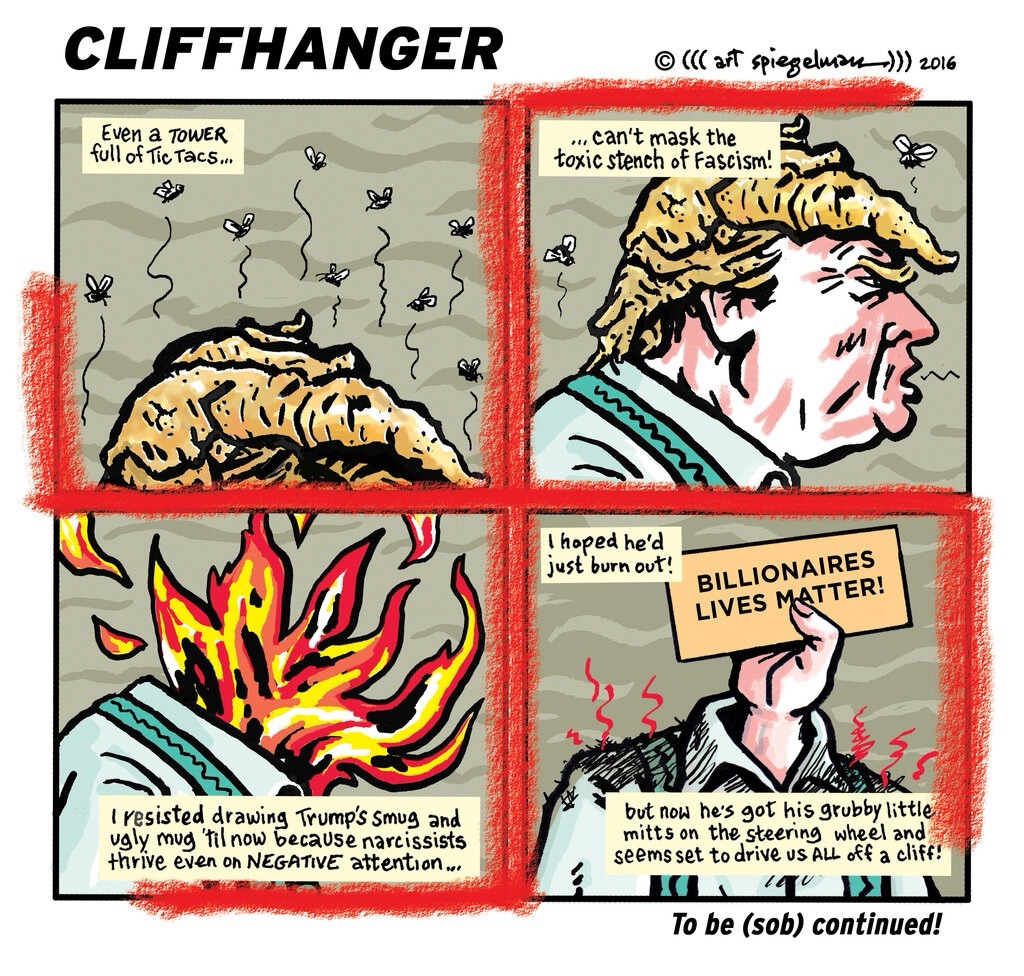Republicans are struggling to get the votes they need to pass Trump’s budget bill. They have a narrow majority in the House of Representatives, and they need almost every Republican vote to put the bill through. Much of the debate focuses on the fate of Medicaid.
Medicaid and Medicare are often confused. Medicare is health insurance for senior citizens, funded by their lifetime deductions from their income. Medicaid is health insurance for low-income persons.
Trump and most of the party want to cut Medicaid to pay for the Trump tax cuts, which are focused on high-income individuals and corporations. Even with deep cuts to Medicaid, the tax cuts will increase the deficits.
Lisa Desjardins of PBS assembled a fact sheet about Medicaid.
LET’S TALK ABOUT MEDICAID
By Lisa Desjardins, @LisaDNews
Correspondent
Hello from just outside the chambers of House Speaker Mike Johnson.
I am waiting with a handful of other reporters as a small group of House Republicans try to work out a compromise over the party’s “One, Big, Beautiful Bill.” (I am looking for a shorthand for the bill, perhaps OB3?)
Republicans do not have the votes for this — yet. But they could agree at any point in the next day or two. If not, they face a weekend standoff or the possibility of leaving for Memorial Day recess without the progress Johnson has promised.
There is much at stake here. We’d like to pull off one major piece and break down some highlights. Let’s talk about Medicaid.
The basics
- Medicaid is the federal health care program for low-income Americans.
- Close to 71.3 million Americans get their health care this way.
- CHIP is the Children’s Health Insurance Program, which, along with states, provides health care for kids whose families can’t afford health care but earn too much to qualify for Medicaid.
- Nearly 7.3 million American kids are enrolled in CHIP.
- Income thresholds: As this chart by the Kaiser Family Foundation shows, it varies by state and can vary on whether you have children or are pregnant.
- Medicaid expansion is a program in which the federal government pays 90 percent of the cost for any state that expands Medicaid to include those making up to 138 percent of poverty. In 2025, that is $21,597 a year for individuals or $44,367 for families of four.
- 40 states (plus Washington, D.C.)have Medicaid expansion.
The funding
We are about to get really nerdy.
The federal government and states share the costs of Medicaid. But the rate of federal sharing varies by state, based on a formula.
Something called FMAP, the Federal Matching Assistance Program, helps determine how much each state gets, based on the state’s average income level. These range from a 50 to 77 percent match in the states.
But that match rate is just one half of the formula. The other is how much states spend. Medicaid is often the largest single expenditure for any state. The largest portion of money comes from the state’s general fund or general budget.
But states also use something called a “provider tax,” which is a fee charged on health care providers. Think nursing homes or hospitals.
Here is the thing about the provider tax. It is a system whereby states can actually profit.
Think about it this way. States charge hospitals and nursing homes a fee. They spend that fee on Medicaid, upping the amount the federal government must match. (More state spending triggers more federal match.) And then those federal dollars go back to the state and to the providers, as people get care. So states and providers don’t lose money, in theory.
But they trigger more federal matching.
Why it matters
Fiscal conservative holdouts who oppose the current “One Big Beautiful Bill” want action on these provider taxes and potentially on the FMAP level.
But the latest draft instead reforms Medicaid primarily by setting up new work requirements for “able-bodied” people, or those without disabilities, in the program. That requirement is currently set to phase in over the next two years.
Per the Congressional Budget Office, this Republican Medicaid plan would lead to 8.6 million Americans losing their health insurance over the next decade.
(Changes to the Affordable Care Act would lead to millions more losing coverage, per CBO.)
Republicans argue that these are programs the United States cannot afford.
And all of it revolves around precisely how Medicaid works, and how states pay for it.


